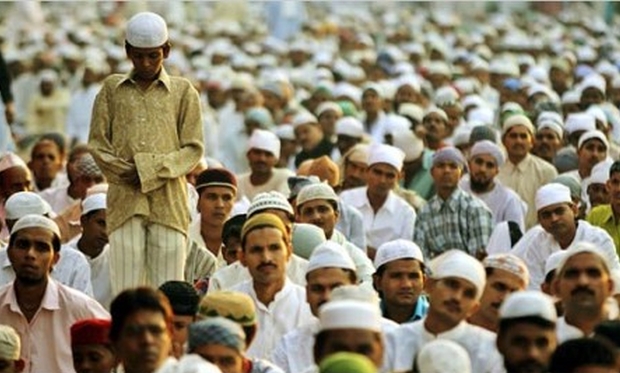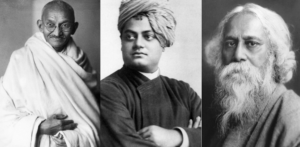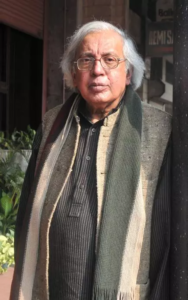Once upon a time, in 1947 India made a famous tryst with destiny. Although, for many it’s just a 72-year period but for me, a member of minority within a minority, it’s a long, long time. One can debate, whether to call us the minority or the second largest majority. Still, I don’t care, because during these 72 years, we have become habitual of these debates and controversies.
So, what India has attained during these 72 years in general and for minorities in particular? To start with achievements, surely, a miraculous Constitution, growth despite all the odds and a united territory despite all the conflicts should top all the achievements. Constitution may not have resulted in equality, security and inclusion that was envisioned by the Constituent Assembly, still it makes sense. It is the only thing in India that provides a ray of hope to millions. The millions who are constantly subject to scrutiny, subject to persecution on the basis of religion or caste, find solace in this book. This book still gives them a belief that someday they will get justice, they will be treated equal and they will live with dignity.
India’s growth story, although dimmed during recent times, is an amazing narration for the coming generations. Despite the corrupt system, communal divide, farmer distress, disruptions from neighbouring countries and political anarchy, India has still managed to expand its middle class to a great extent. Challenges remain and poverty prevails, but hope remains for some good days, without any fixed frame.
With all the inequality, corrupt practices, suppression of certain classes, political domination of the majority, exclusive policies and attempts to centralise power, if country is still united, it’s really a miracle. This shows the belief of the masses in the system. A considerable amount of credit should also go to the Constitution.
For last 72 years, democracy and democratic institutions have flourished in the nation. With the inception of Panchayati raj system, roots of democracy have entangled the entire society. It has led to the political socialisation of masses, who believe ballot is a better option than bullet when it comes to issues like equality and empowerment.
While the model of democracy being followed in the country has led to many failures, it has also led to many problems. It has failed to bridge the divide between the mighty and the downtrodden, between the rich and the poor, between the majority and the minority and between the privileged and the deprived. Once again, I return to the narrative of minority within a minority.
One man one vote policy shatters the notion of equality that is offered in a democratic system. It may be feasible in monotonous, homogeneous and nom-diversified states but for a country like India it is a total failure. It creates political imbalance. In this scenario, people like me who lack numbers in terms of community fail to get a minimum representation in decision making. Pandering to to majority sentiments, political parties, even the so-called secular ones, are refraining from our agenda.
Exclusion is not only at political level but also at social level. As if economic exclusion, denial of political space and say in the system wasn’t enough, the rise in hate crimes and violence has led to further alienation. So where should the minorities go or what should they do now? Once again, their only solace is the constitution. To uphold the principles of the Constitution, the democratic system needs reforms.
There are two ways ahead. Either we turn to proportional representation system of electorate, where social groups are ensured minimum representation. If that isn’t possible, then at least we must adopt a different electoral system, where candidates must be asked to garner minimum 50% vote to ensure their win. They will then be forced to include various groups in their plans. Although communal polarisation can fail this plan, still there are chances that groups with smaller number may be approached by those in power.
To conclude, I can say that we as Indians have lived with much of positivity after 1947 but there remain many insufficiencies. We haven’t attained what we had promised in our famous tryst with destiny. India’s pluralism is in danger, so is its diversity. The more we hear of one nation, one election, one language, one party and one religion, the more we feel threatened. As a minority within minority, I feel these threats more than anyone.
(The writer Saiyed Zaigham Murtaza is a journalist.)




